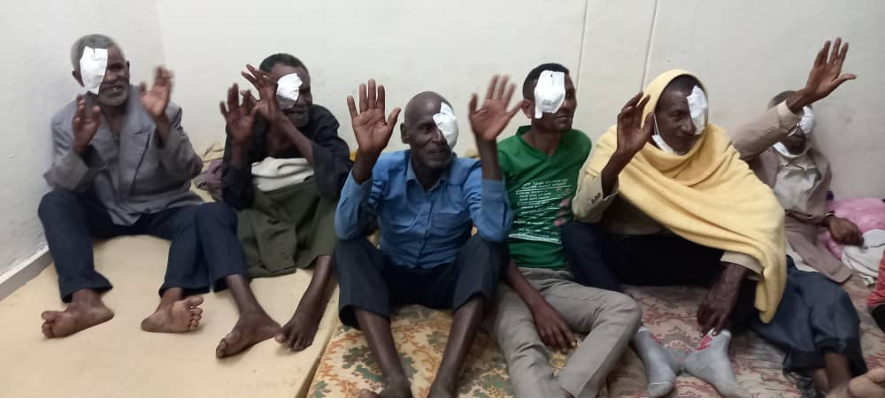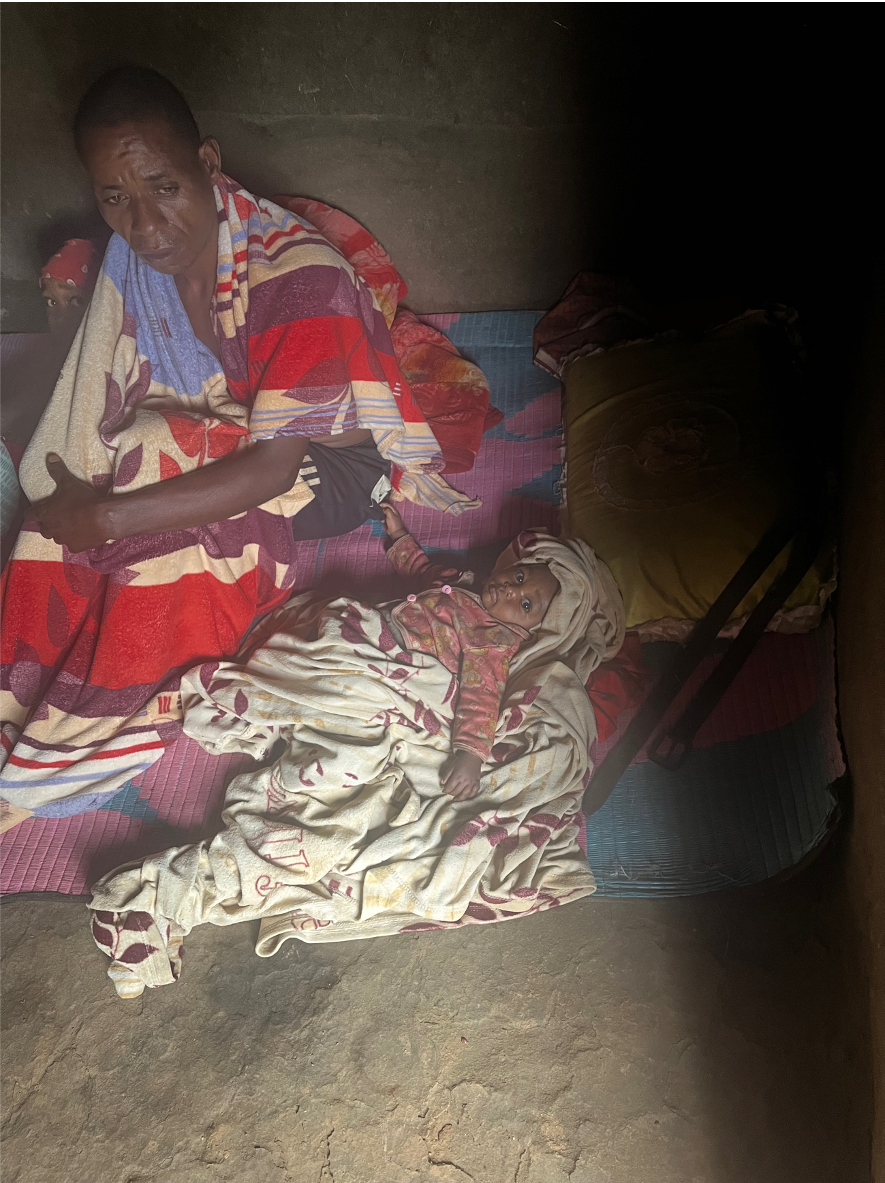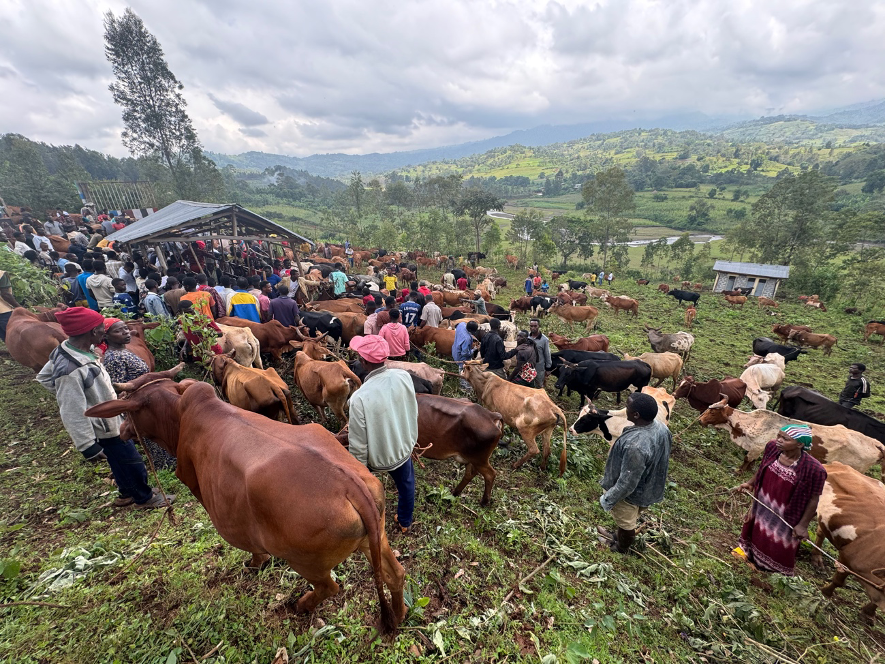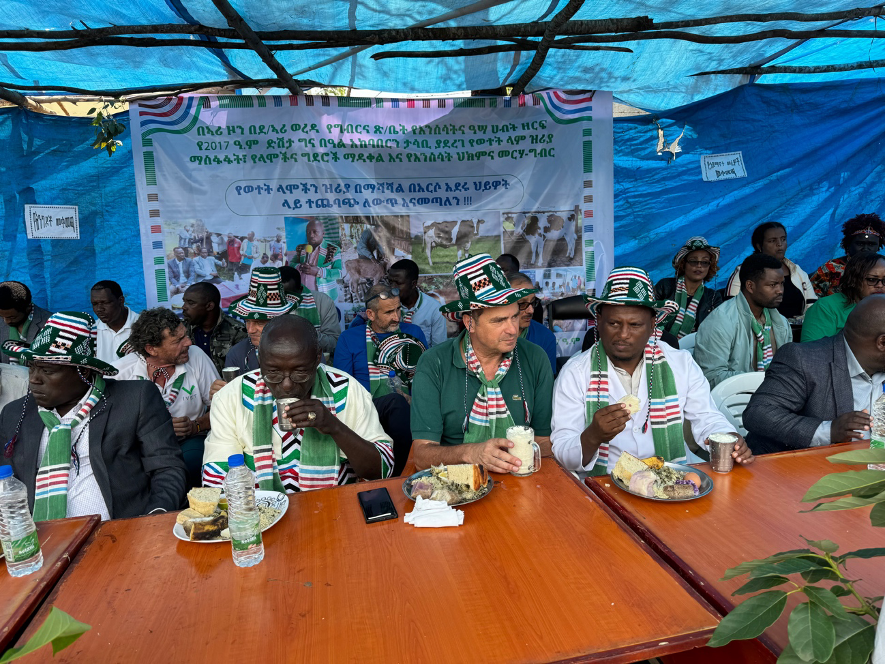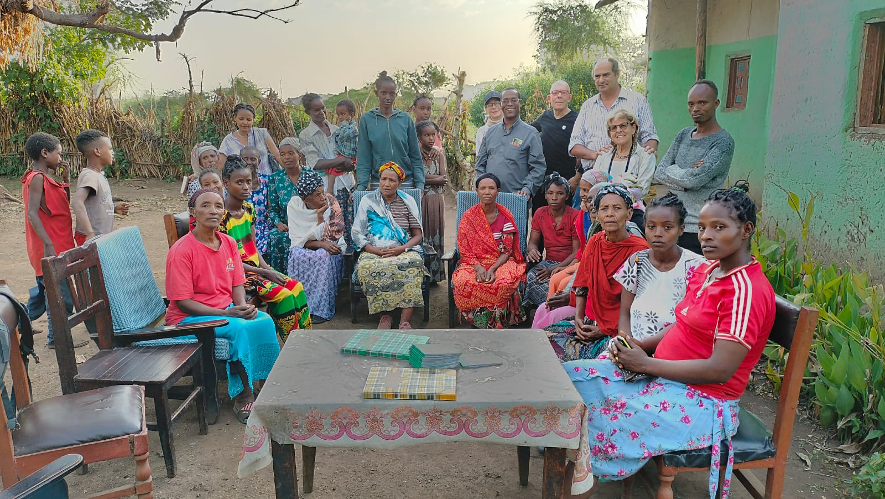Health
We are concerned with neglected diseases and their possible treatment. Diseases that are associated with poverty, age, social stigmatization. Those that impede social and work functioning and whose remedy is not within the reach of the people or the health system itself.
As with other projects, we complete with either materials or professionals. The hospitals and clinics have to do their part to make it possible.
Collaboration with jinka General Hospital and saint Raphael catholic clinic, Humbo:
The hospital, with its staff, medical direction and CEO are involved in the working with us in the following campaigns:
1. Cataract operation campaigns
Three campaigns have been carried out in the ophtalmological division. Usually, elderly people need someone who accompanies them. The result is not only the independence of the patient and his/her ability to contribute to the household, but also freeing the guide.
Ophtalmology is acknowledged to be the least spread speciality in the country. Usually private and concentrated in big towns.
IPADA is creating awareness of the possibility to regain the sight with this operation and making it possible for everyone.
At an average cost of 45€ per operation, it is a project we want to extend by creating collaborations that make it possible to reach the blind in the south.
Last campaign: dec 24
2. Prolapse and fistula
Neglected and stigmatized, prolapse and fistula require a careful community work. They make life quite difficult
In december 2024 , the third campaign has taken place. It is carried out by the two gynecologists of Jinka hospital
3. Maxilofacial campaigns
Together with the hospital we are trying to make jinka a center for maxillofacial operations.
A Spanish volunteer, maxilo surgeon is coming to Jinka 5 times a year for the campaigns and teach his collegues.
4. Malaria control
Thanks to the collaboration of Sister Meskel in the Humbo clinic, IPADA only needs to buy the medicine to keep the clinic going fully at about 70 patients treated a day in this time of malaria outburst.
The collaboration with some item that the clinic does not have makes a fully motivated director to accomplish many tasks. This is the tenet of IPADA way of collaborating. The protagonist plays the essential role in the community, we just help with something.
Increasing milk production
Even though Ethiopia is the most abundant livestock African country , scarcity of Milk is a poignant problem. The average of cow milk production is 1,2 liter per cow a day.
There is a high demand for milk, both as a malnourishment solution and as an income generating activity.
IPADA has activated the existing network in pre-war Tigray of cow synchronization and artificial insemination. Through the veterinary school of Mekelle University, the woredas and the support of the ministry of science and technology , a mass insemination has been carried out.
This is a wanted and known project. The leadership of local actors has been clear. Attendants from Wolayta Sodo University and Aari agriculture administration has allowed the project to be replicated in and around jinka. As they have organized the technicians, involved woredas, IPADA´s role has been connecting, initiating, teaching and bringing hormones from Spain. The Gnrh Hormone helps increase the chance of success in artificial insemination .
1600 cows have been treated. In one year, production of milk is expected to raise from 1,2 liter to 15. In the second year, it may rise to 25.
Womens self-help groups
Self-help groups have proven to be an integral development among women: own initiative, sharing information and learning, relating to others and marketing, literacy and accountancy, shared responsibility. And gradually come out of poverty.
Based on former work with Gruppo Missione Africa in Sodo , IPADA has made it possible to extend their work and form six new self help groups. The synergy using their outreach and staff is quite noticeable: The investment has gone entirely for the take-off of the groups.
The origin of current IPADA collaboration with GMA stems from.
The first cooperative that started with berbere production in Humbo and then carried on with other products. They have set a standard to be followed by others
A very difficult beginning in times of high inflation. The initial investment was just berbere and the added value, the transformation and selling. The group understood that the common assets was more important than the individual needs, so they kept group savings, grain and product for personal loans .But did not spend the common resources.
Networking and building a solid group has made to fulfill the requirements to get a microfinance. With that, the building of a shop started:

The association has become a model in Humbo, where many other groups started to know what they had to do to be supported by us. The shop is now running well

Shop inauguration by Maria Boggian, representant of GMA
Current work of IPADA at Humbo Faracho
As we got to know the area of Humbo Faracho better, some areas were very affected by drought and therefore poverty stricken. So, we prioritize them to form groups with us. The women started with small savings and then wanted goats to reconstruct their economy


